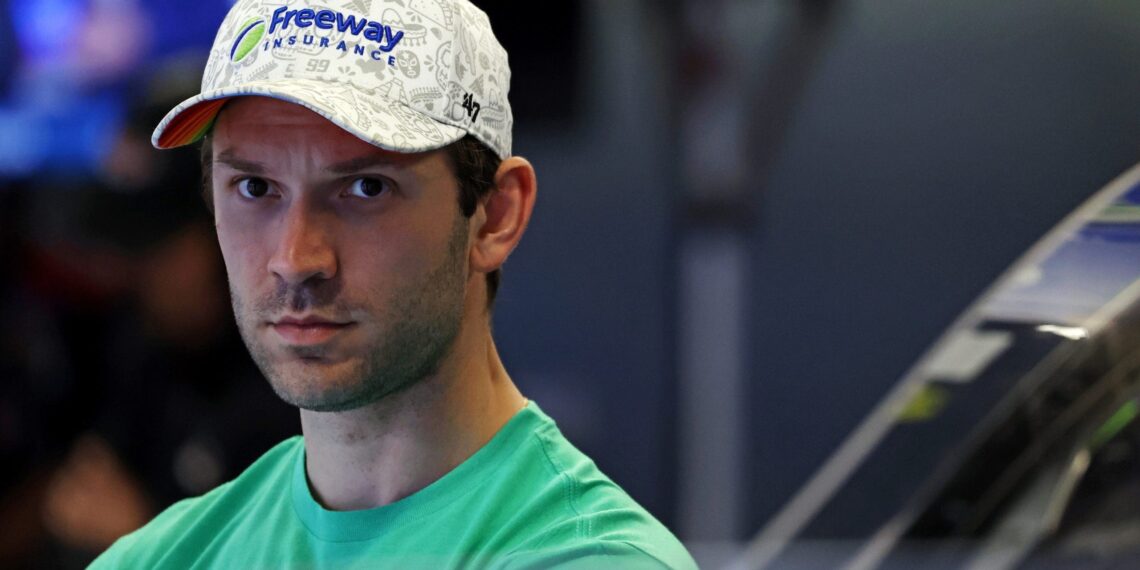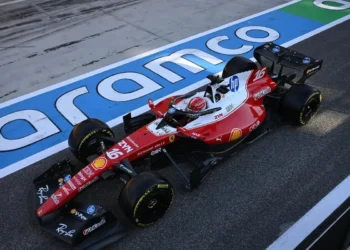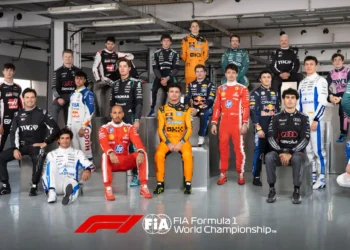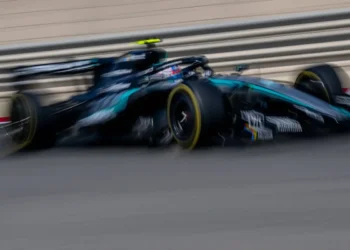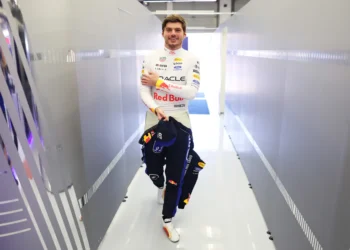Inequality in NASCAR: Daniel Suárez Exposes Unfair Advantage for Young American Drivers
The world of NASCAR is a competitive one, where young drivers like Keelan Harvick and Owen Larson are making headlines for their exceptional skills at such tender ages. These rising stars have been honing their craft on various track types, giving them a significant advantage as they strive towards a full-time NASCAR career.
However, not all aspiring drivers around the world have the same opportunities. In South America, youngsters face a different reality, as they lack exposure to oval tracks – a crucial aspect of NASCAR racing. While road courses are abundant, it isn’t until they reach the age of 17 that these young talents get a chance to understand and compete on oval tracks.
Daniel Suárez, a prominent figure in NASCAR, shed light on this disparity during a conversation with Dale Earnhardt Jr. He emphasized that in markets like Mexico, the focus is primarily on road courses, leading young racing enthusiasts to initially look towards Formula 1 or IndyCar as their preferred career paths. It’s only later in life that they realize NASCAR is also a viable option, but by then, they are already lagging behind in oval racing experience.
Suárez shared his own story, revealing that he didn’t race on an oval track until he was 17, unlike his American counterparts who already had a decade of experience by that age. This discrepancy became evident to Suárez when discussing the vast difference in experience between Mexican drivers and young talents like Keelan Harvick.
The recent Cup Series race in Mexico City played a crucial role in bridging this gap, bringing significant exposure to stock car racing in the country. Suárez highlighted the importance of this event not only for the NASCAR industry but also for local racing series, providing a platform for aspiring Mexican drivers to showcase their skills on a larger stage.
The hope now is that initiatives like the Mexico City race will continue to level the playing field for young drivers from Mexico, giving them a fair chance to compete with their American counterparts on oval tracks. This push for equality in NASCAR is essential for the growth and diversity of the sport on a global scale.

